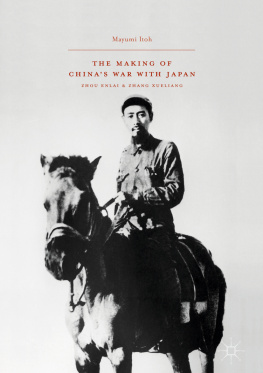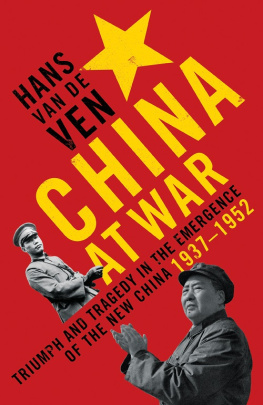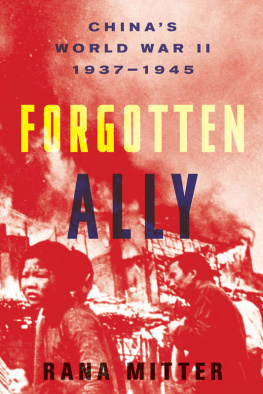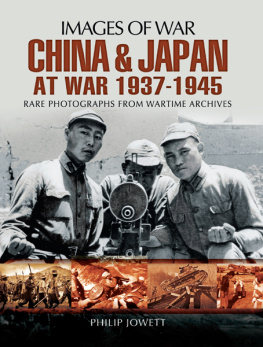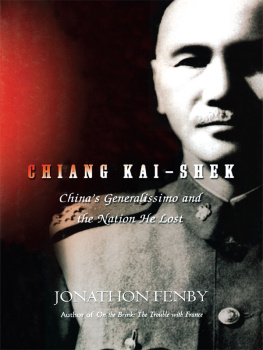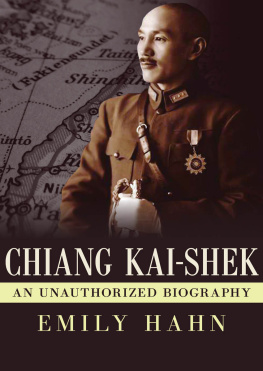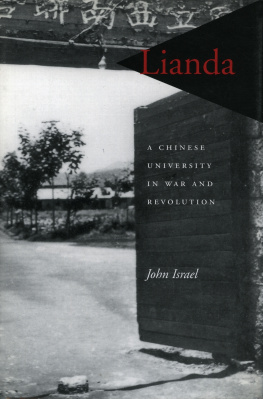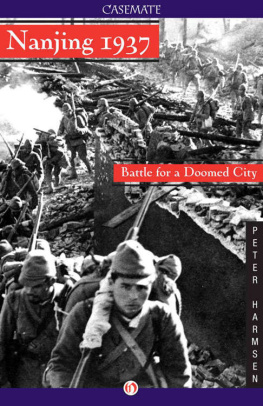Parks M. Coble - Chinas War Reporters: The Legacy of Resistance Against Japan
Here you can read online Parks M. Coble - Chinas War Reporters: The Legacy of Resistance Against Japan full text of the book (entire story) in english for free. Download pdf and epub, get meaning, cover and reviews about this ebook. City: Cambridge, year: 2015, publisher: Harvard University Press, genre: Art / Science. Description of the work, (preface) as well as reviews are available. Best literature library LitArk.com created for fans of good reading and offers a wide selection of genres:
Romance novel
Science fiction
Adventure
Detective
Science
History
Home and family
Prose
Art
Politics
Computer
Non-fiction
Religion
Business
Children
Humor
Choose a favorite category and find really read worthwhile books. Enjoy immersion in the world of imagination, feel the emotions of the characters or learn something new for yourself, make an fascinating discovery.

- Book:Chinas War Reporters: The Legacy of Resistance Against Japan
- Author:
- Publisher:Harvard University Press
- Genre:
- Year:2015
- City:Cambridge
- Rating:5 / 5
- Favourites:Add to favourites
- Your mark:
Chinas War Reporters: The Legacy of Resistance Against Japan: summary, description and annotation
We offer to read an annotation, description, summary or preface (depends on what the author of the book "Chinas War Reporters: The Legacy of Resistance Against Japan" wrote himself). If you haven't found the necessary information about the book — write in the comments, we will try to find it.
When Japan invaded China in the summer of 1937, many Chinese journalists greeted the news with euphoria. For years, the Chinese press had urged Chiang Kai-shek to resist Tokyos aggressive overtures. This was the war they wanted, convinced that their countrymen would triumph.
Parks Coble recaptures the experiences of Chinas war correspondents during the Sino-Japanese War of 19371945. He delves into the wartime writing of reporters connected with the National Salvation Movementjournalists such as Fan Changjiang, Jin Zhonghua, and Zou Taofenwho believed their mission was to inspire the masses through patriotic reporting. As the Japanese army moved from one stunning victory to the next, forcing Chiangs government to retreat to the interior, newspaper reports often masked the extent of Chinas defeats. Atrocities such as the Rape of Nanjing were played down in the press for fear of undercutting national morale.
By 1941, as political cohesion in China melted away, Chiang cracked down on leftist intellectuals, including journalists, many of whom fled to the Communist-held areas of the north. When the Peoples Republic was established in 1949, some of these journalists were elevated to prominent positions. But in a bitter twist, all mention of their wartime writings disappeared. Mao Zedong emphasized the heroism of his own Communist Revolution, not the war effort led by his archrival Chiang. Denounced as enemies during the Cultural Revolution, once-prominent wartime journalists, including Fan, committed suicide. Only with the revival of Chinese nationalism in the reform era has their legacy been resurrected.
Parks M. Coble: author's other books
Who wrote Chinas War Reporters: The Legacy of Resistance Against Japan? Find out the surname, the name of the author of the book and a list of all author's works by series.

